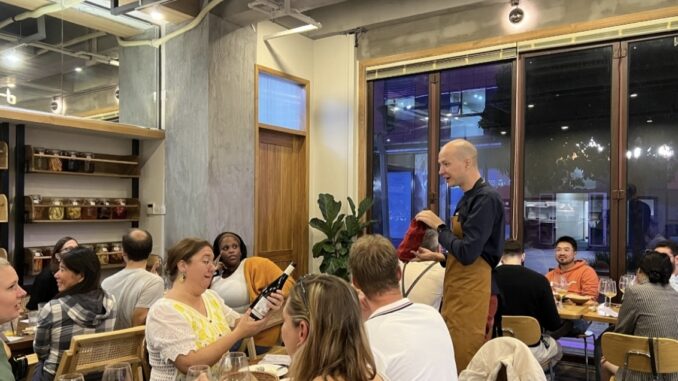
For nearly a decade, Arthur Hamon has enjoyed a ground-level view of the wine scene in Ningbo, a city many beyond China might not know but that has ten million people and a GDP that tops USD25 billion.
In this Q&8, I ask Hamon about Ningbo’s wine scene, his experience organizing China wine tastings, his online shop and more.
Check it out below. And check out more Q&8s here.
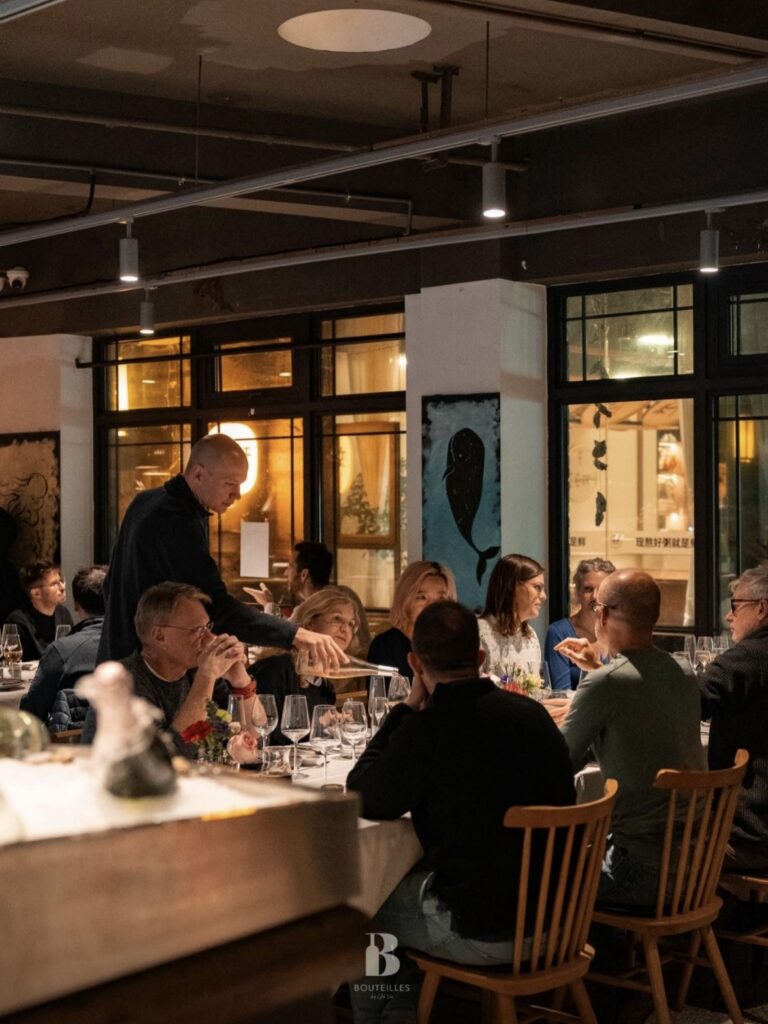
Grape Wall: You had an interest in food and drink long before coming to China. Could you tell us a bit about your background and how it led you to write about and organize wine tastings here?
Arthur Hamon: I have been in the food and beverage industry since my late teens. I graduated from catering school while working as an apprentice in several restaurants, hotels and even for one year on a famous French cruise ship. After, I completed my studies through a business school and worked in consulting for several years in France.
When I came to China, I thought I should use my strengths. We first opened a restaurant in Ningbo and then, after a few years, I started a wine business called BOUTEILLES in 2021.
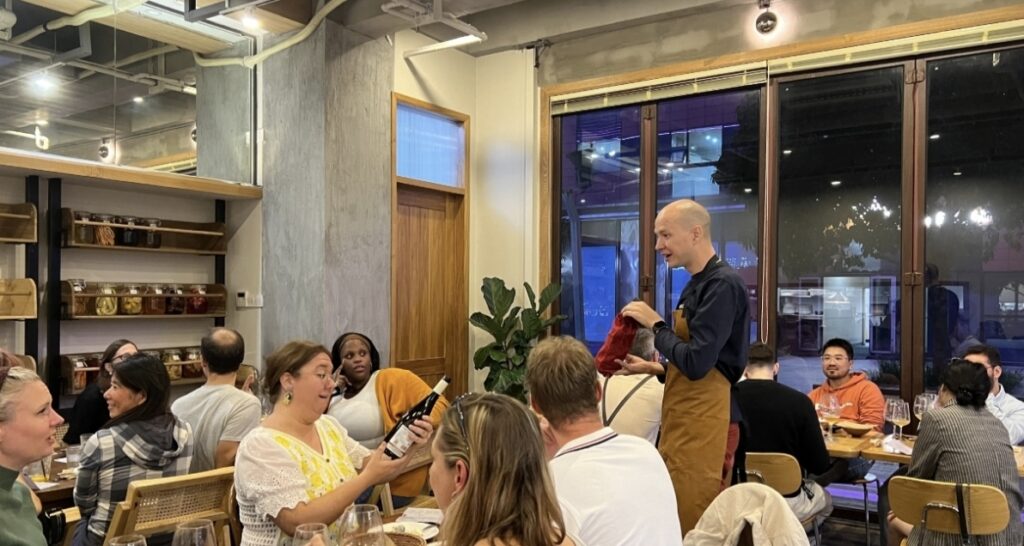
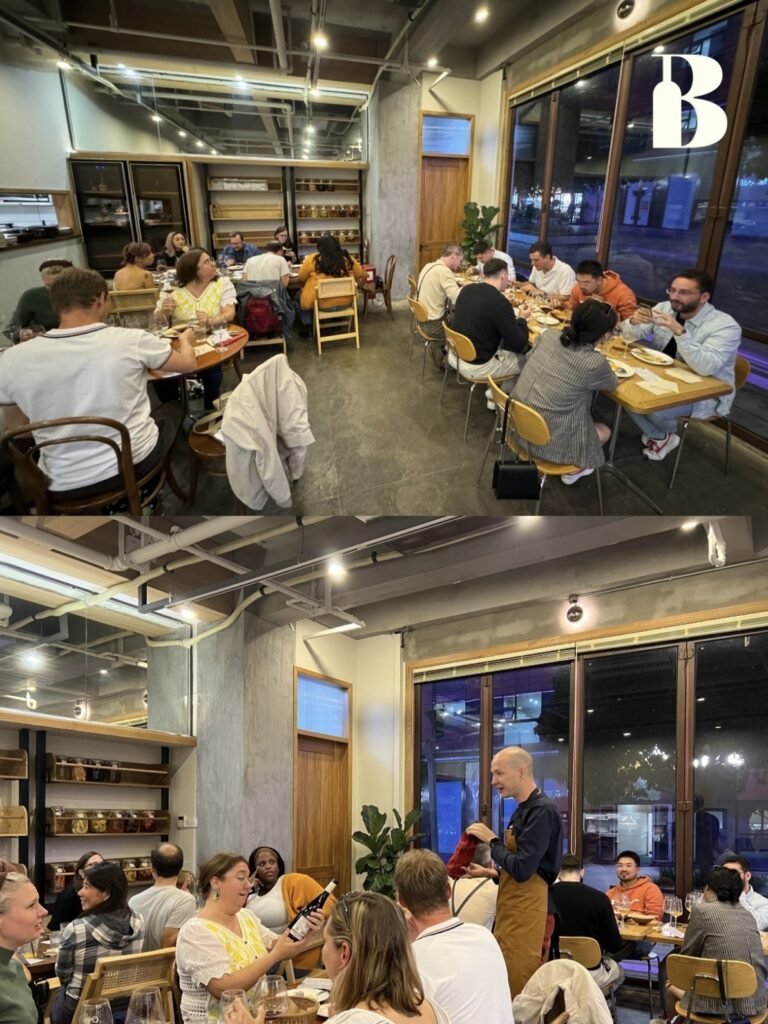
When people talk about China’s wine consumers, they usually focus on cities such as Shanghai, Beijing, Shenzhen and Chengdu. But Ningbo has a large population and economy. How would you describe the wine scene there?
Ningbo is the city I know best in China as I have been here for nearly a decade.
I think the wine business here is quite intriguing: when you first look, you could quickly conclude that nobody cares about wine. But if you dig deeper, you realize the city has people who are very serious about wine, about drinking the top labels, though often in private circles that are not easy to get into.
Overall, it’s a niche market, which is not too bad because you can write your own page and get more attention.
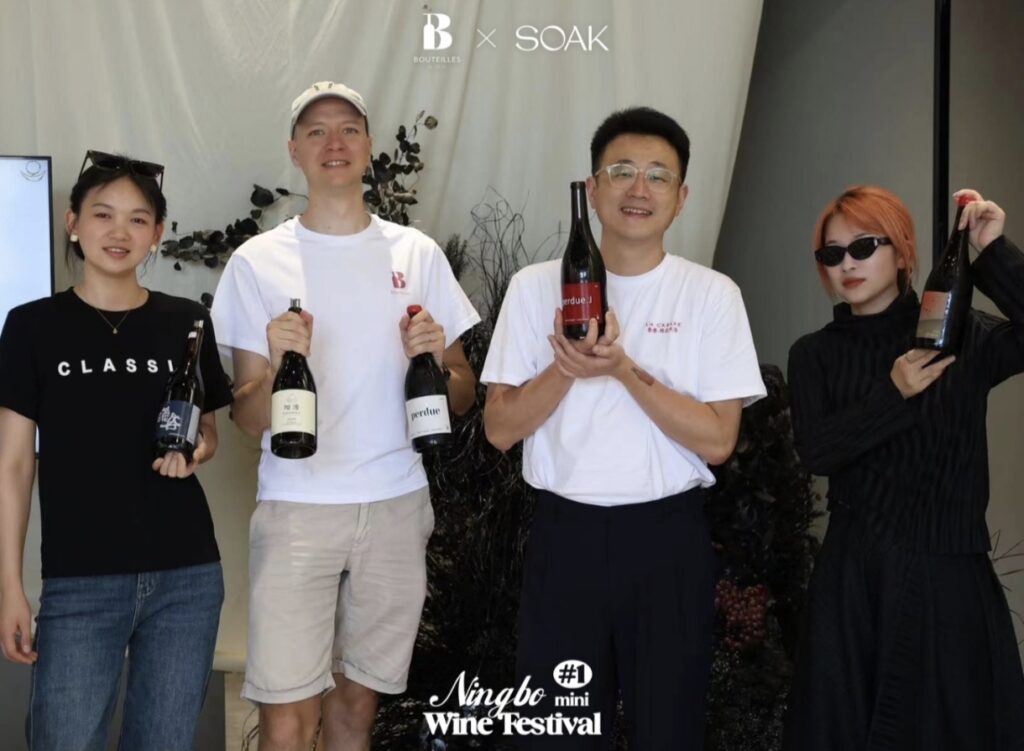
You have been organizing tastings of Chinese wines for over four years. How do consumers react to these wines? Have you seen attitudes change over the years?
My first Chinese wine tasting was in March 2021 in Ningbo. I just gathered a couple of bottles that I liked and proposed a “Chinese wine tasting” to some readers of my official WeChat account.
I was actually surprised by the enthusiasm of the people who came. They gave me a lot of energy that day and I am still very grateful for those who attended the first one.
Since then, I’ve organized dozens of tastings, covering all of the regions I know, and I’ve never had to cancel because of a lack of guests.
To answer your original question, I think many people have a bad image of Chinese wineries because they were once offered some cheap and bad quality local wine. So, these tastings trigger people’s memories but also lead them to try wines in proper conditions and to reconsider their initial opinion.
For sure, there are more people today who are aware of quality-driven Chinese wine production. But in the meantime, there is still a lot of work to be done for people to habitually put it on their table.
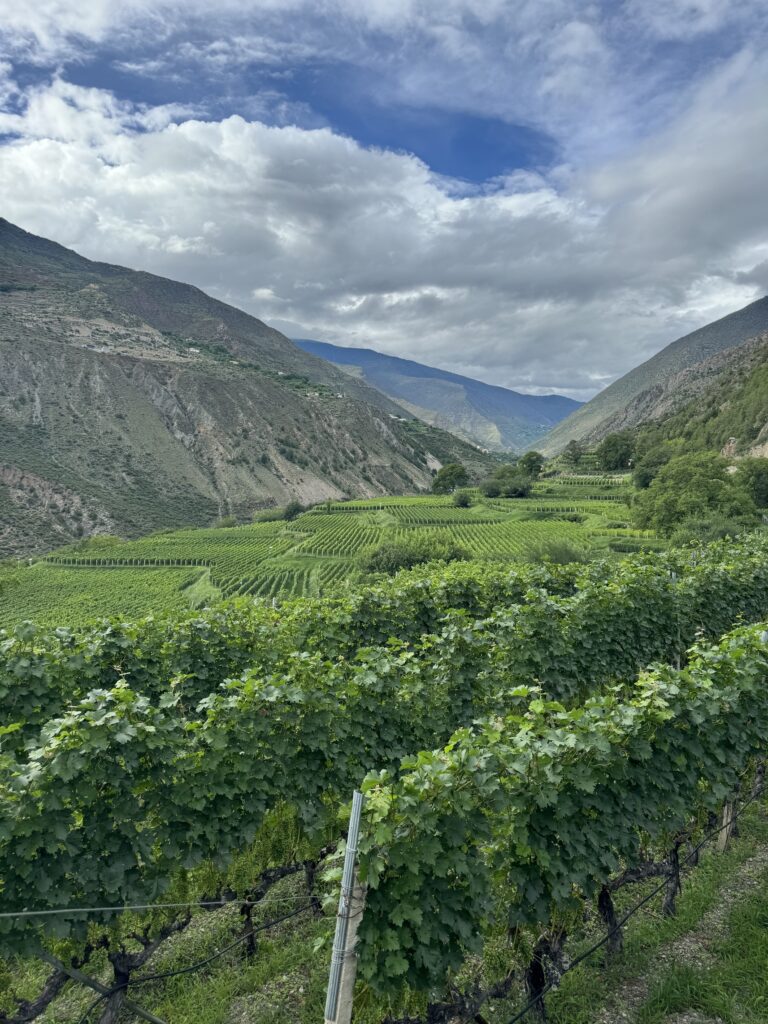
You have also visited wineries in China, including high-altitude ones in Yunnan province. What were the biggest eye-openers on those journeys?
I’ll give you two examples. I’ll note for each journey to a wine region, what I always remember is the friendly people working in this industry. Whether in France, Italy or China, the spirit is the same and I love it.
One example was meeting Emma Gao and her team at Silver Heights in Ningxia. To this day, this was my best winery trip in the country.
The second was driving for hours on a steep road to finally reach the village of 阿东 (Adong) where Ao Yun (LVMH) has set up its winery.
What a journey! But the village, the atmosphere and the vineyard walk were worth it one hundred times over.
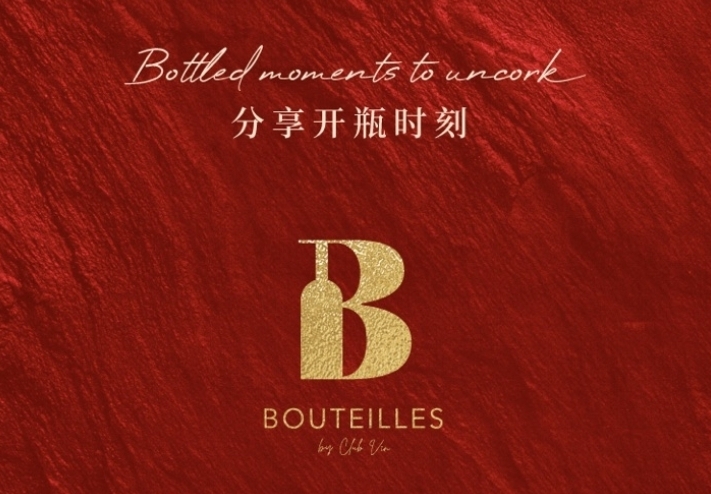
You launched your Bouteilles project over three years ago. Could you talk about your online strategy?
Considering it was during the pandemic and considering the specificity of the China wine market, I decided to focus online as I was not ready to open a restaurant or bar again.
I don’t overthink the online shop: I focus on consumer needs and try to bring wine with my personal twist. Especially, I have been focusing more on Loire Valley wines as I come from Angers, which is at the heart of Anjou-Saumur area.
There is a lot of wine on the market, you need to find something special to get people buying from you.
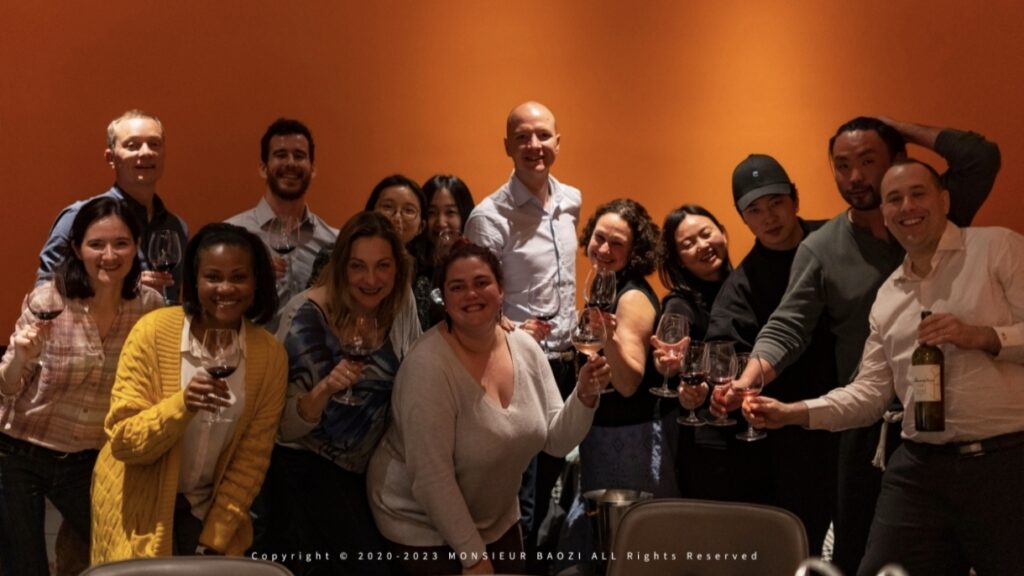
The French grape variety Marselan is rising as a kind of “China grape”, somewhat like Malbec in Argentina or Sauvignon Blanc in New Zealand. What’s the general reaction of consumers to it in tastings? How does it fit China’s wine scene?
If I am right, I have organized three tastings on your World Marselan Day, and it has always been welcomed. Most people don’t know about Marselan, but the bottles I brought always made a great impression.
I think Marselan is an interesting grape because it is ready to be enjoyed rather young. And the fact it ripens fast makes it easier to manage, especially in the northern part of China.
With sufficient body and a round taste, it is suitable with many Chinese foods, although not necessarily Ningbo food!
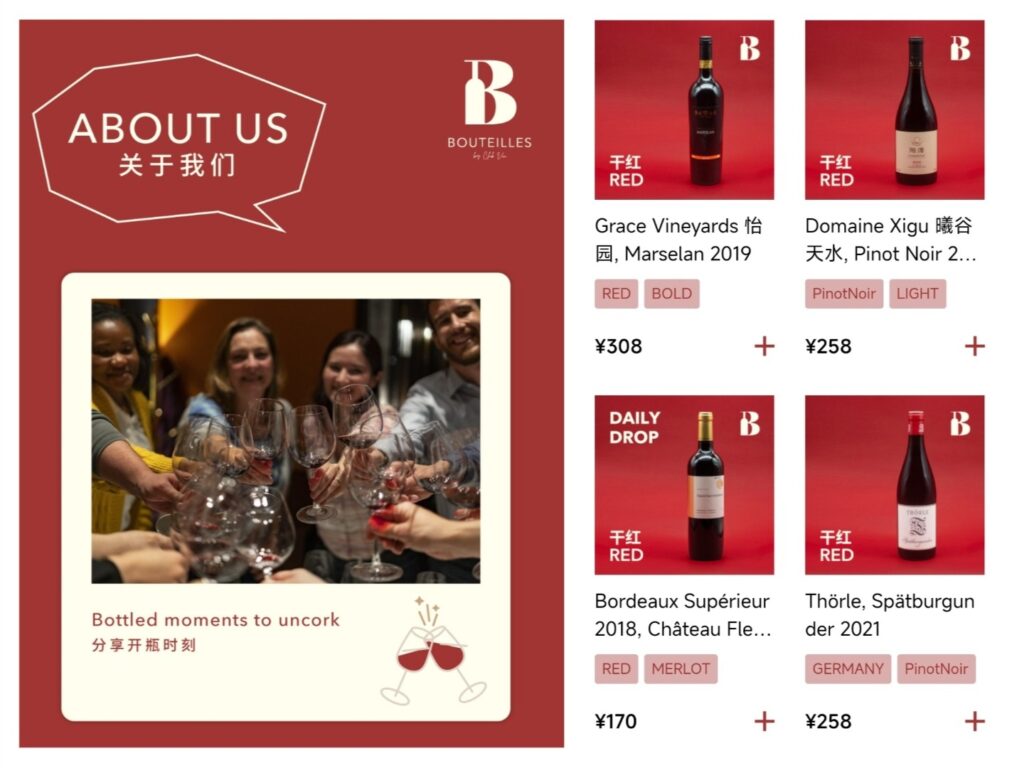
For casual wine drinkers, who have not yet tried any Chinese brands, what three wines would you suggest they buy first?
Let me give three different recommendations in terms of wine style.
First is the “classic” range. Canaan and Grace Vineyard, to me, offer competitive easy-to-understand wine ranges with single-variety cuvée from well-known grapes, such as Chardonnay, Cabernet Sauvignon and Marselan. I think the quality of these two wineries is very stable and reliable. I’m a big fan of both.
Second is “new era / young independent winemakers” like Xiaopu, Shofang and Petit Mont, to name a few. Their founders are young, creative and bring a very interesting twist that to my opinion is exactly what the country needs to help put China on the global wine map.
Third is “high level”, such as the wines from Ao Yun. The amount of effort that has been put behind this project is symbolic of the scale of the group (LVHM) behind it.
Ao Yun is in Yunnan province, with vineyards at high altitudes. With the extensive experience of the group and the people working on the project, Ao Yun collects data every day about vine-growing and wine-ageing conditions to keep bringing a better vintage every year. It’s impressive.
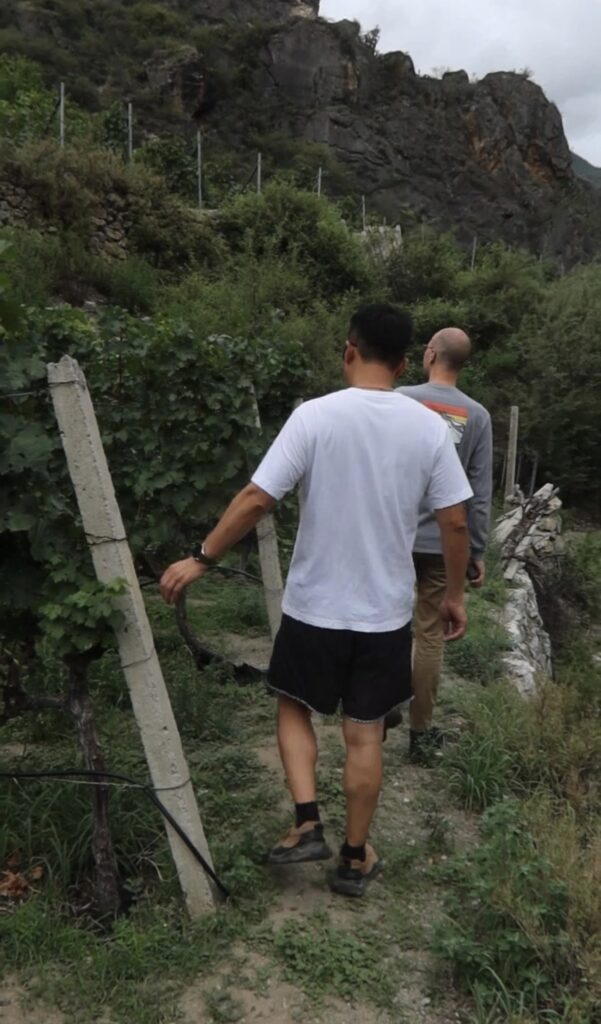
China’s wine industry has endured a decade of struggle, including falling imports, domestic production and sales. What advice would you give to the industry at large to get more people drinking wine?
I am too small to give any advice to anyone, ha ha!,
But I will say what I say to whoever listens to me: wine is not just alcohol. It’s an ancestral beverage, with so much packed into each bottle: the vineyard’s geographic conditions, the year’s good (and bad) weather, the choices and even sometimes soul of the winemaker. Wine is a living product that also shapes our landscapes.
Drink less but better and go meet winemakers, it’s a fantastic heritage they are carrying!
(Check out more Q&8s here.)
Grape Wall has no sponsors of advertisers: if you find the content and projects like World Marselan Day worthwhile, please help cover the costs via PayPal, WeChat or Alipay.
Sign up for the free Grape Wall newsletter here. Follow Grape Wall on LinkedIn, Instagram, Facebook and Twitter. And contact Grape Wall via grapewallofchina (at) gmail.com.

Leave a Reply
You must be logged in to post a comment.